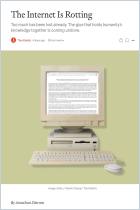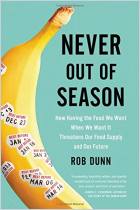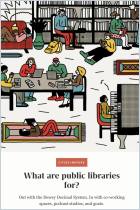
Burning the Books
A History of the Deliberate Destruction of Knowledge
Recommendation
The Nazis who burned books near a Berlin university in 1933 claimed the volumes represented corruption and decadence. Such attacks have persisted throughout history, and still exist in different ways. The ancient world invented libraries to store and transmit knowledge, but today they’re under attack from people who reject knowledge and negate history. Attacks on knowledge – such as book-banning movements – signal an ongoing rejection of the ideals of democracy and an open society, explains author Richard Ovenden, director of Oxford University’s great Bodleian Libraries. He provides a passionate, historically intricate plea for the preservation of knowledge and the enduring importance of libraries.
Summary
About the Author
Richard Ovenden, a Fellow of Balliol College, is the director of the Bodleian Libraries at the University of Oxford.















Comment on this summary or Comenzar discusión